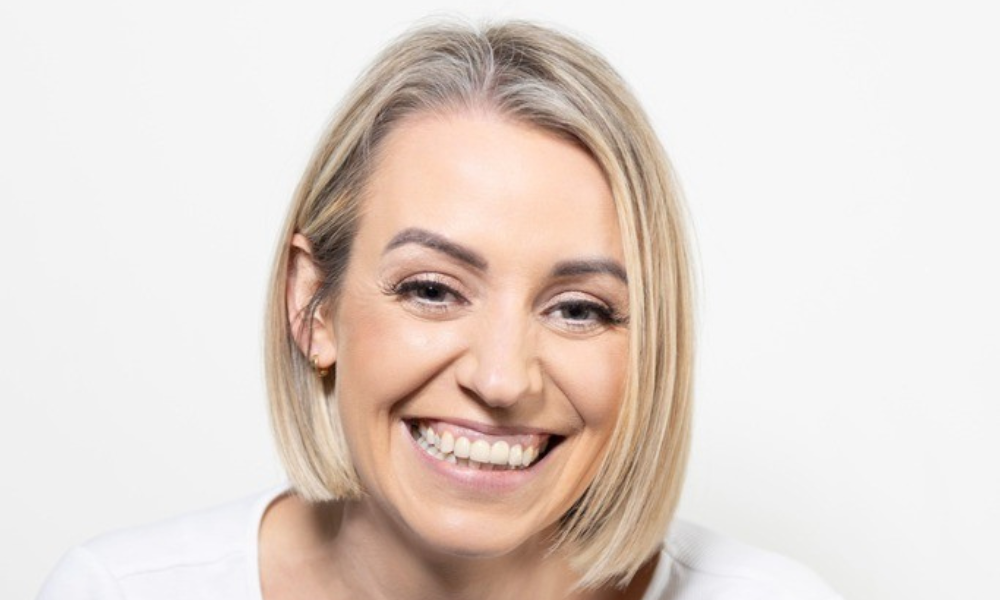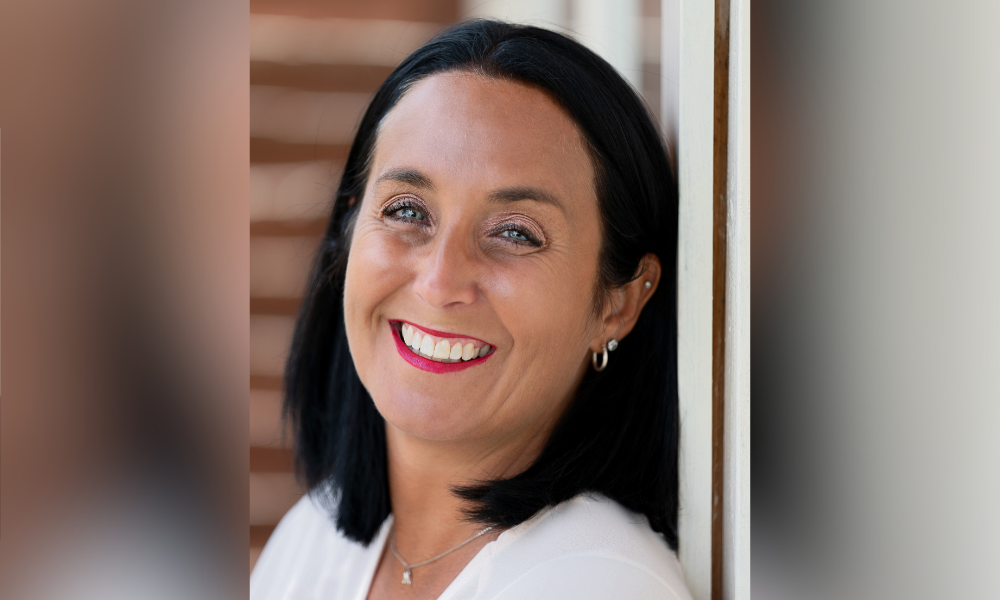'Should I stay or should I go?' The dilemma for staff mortgage advisers

It’s a question that most mortgage brokers will consider at some point - whether to remain staff or to go self-employed, and set up their own businesses. It’s not always an easy task deciding what to do – there are pros and cons for both ways of working, as mortgage and protection adviser Chris Wade (pictured left) can affirm.
“After spending 11 years in the financial industry in an employed role, the idea of going self-employed always felt daunting,” Wade explained. “There was always a reason not to do it. However, after connecting with HFA, who I now work through, I realised that making the move doesn’t mean going it alone. There are some excellent principal firms out there that provide the infrastructure and support you’d expect in an employed role, including admin support, whilst offering the freedom and flexibility of self-employment. I left my employed position without a client back book, so I had to build everything from the ground up. I initially turned to friends and family for support, and from there, my business has grown steadily through word-of-mouth referrals.”
Another challenge for Wade was overcoming his reluctance around using social media. “Embracing social platforms has been a game-changer,” he shared. “I’m now thriving in that space and planning to create video content. I’ve focused on building strong relationships with local referral partners, which has been instrumental in expanding my reach. These partnerships have allowed me to connect with clients I wouldn’t have otherwise encountered, helping me grow my business organically and sustainably. The most valuable lesson I’ve learned is to not be disheartened when things don’t go to plan. It’s important to embrace the quieter periods, stay active, and keep focused - momentum builds over time. If I could do anything differently, it would be to make the leap sooner.”
Emily Franks (pictured second from left) also decided to set up her business, Emily’s Mortgage Services (EMS). “The logistics of it aren’t difficult – though, oh my God, registering with lenders is such a painful process sometimes,” she explained. “For me, it was the mental aspect of letting go of some stability. The imposter syndrome is huge too - am I adult enough to run my own brokerage? What if it all goes wrong? I do what I always do, have conversations, and build relationships.” It is important to understand your strengths, according to the director of EMS. “You cannot and will never be an expert in everything,” she said. “Build a good team.”
Read more: How determination is enabling a young broker to build his own business
The importance of building trust with clients
For Nouran Moustafa (pictured second from right), the biggest challenge she has faced as a self-employed broker is establishing clients and building trust. “Not only doing what the client wants,” Moustafa explained, “but doing what’s right for them and showing them the hidden aspects that might not be clear - the real added value they can get by speaking with an adviser.” Moustafa appreciates the importance of establishing strong relationships with business development managers, too. “We learn every day, and the market changes literally every hour,” she said. “There is so much out there to learn and so many things to explore, and honestly I love it.”
She continued: “The best time to start as a self-employed adviser is when you have got nothing to lose, no liabilities, no responsibilities, so you can just fly high, learn without fear and explore each and every different market. Don’t take things. I personally focus on one thing, which is the end goal. As long as you have an end goal, there is always light at the end of the tunnel. What’s the worst that’s going to happen? Not making money - cool, do Deliveroo and make money, pay off your day to day expenses, keep trying, keep believing and you will get there.”
Broker Katrina Horstead (pictured right), co-founder and director of brokerage Versed, believes that working for yourself affords you greater control. “I’ve always found that having full control over how I work, who I work with, and how I show up for clients is absolutely key, and the only way I can truly do my best work,” she commented. “Going out on your own in this industry does require a thick skin, a clear plan, and the ability to handle a lot of moving parts at once.”
The greatest hurdle is balancing building a business with day-to-day client work, in Horstead’s view. “You’re constantly switching hats,” she said. “But we’ve overcome this by building strong systems early on. Your brand is everything. It’s more than just a logo, it’s your voice, your values, your clarity on who you serve.”

Going self employed as a broker has been one of the most rewarding decisions, Hannie Mason (pictured inset, above) has made. “The biggest challenge has definitely been wearing all the hats - adviser, marketer, admin, accountant,” said Mason, director and broker at Mortgages with Hannie & Co. “At first it felt overwhelming but building structure into my days, investing in the right tools, and surrounding myself with a supportive network have made a huge difference. On the flip side, the freedom to shape my business around the kind of service I want to offer has been game-changing. I’ve been able to build a brand that feels personal, relatable, and authentic and that’s resonated really well with clients. Social media has been a huge opportunity too, it’s allowed me to reach people who wouldn’t have found me through traditional channels.
“You don’t have to do everything at once. Consistent, small steps move you forward faster than trying to sprint in every direction. If I could go back and do anything differently, I’d give myself more permission to test, learn and adjust, rather than aiming for perfection from day one. And probably most importantly, trust your gut. I’m a big believer in if you don’t try, you won’t know.”

For India Mustafa (pictured above, inset) online visibility has been key to being self-employed. “I put myself out there constantly via online and face to face networking, social media and even sending emails to local businesses introducing myself,” Mustafa said. “You will always get rejections but that comes with growth, and when you have the clients make sure you build a good relationship with them as they should be referring you to their friends and family. I have two young children who aren’t yet in school, so it’s harder for me to get out and network face-to-face but that is what I will be doing differently come September.” She added: “I constantly book meetings with my BDMs and join webinars. This definitely helps refresh my knowledge, and I find it helps me identify the most suitable lenders for my more complex clients quickly.”

One of the biggest fears for self-employed broker Marianne Lombardi (pictured above, inset) was where her leads would come from. “I’ve worked in a building society and a estate agent’s where people were responsible for filling my diary,” she explained. “Friends and family spread the word for me, I started networking and it came together. I now have more time than ever to spend with people and give a better service without appointments being booked back-to-back in my diary, being rushed and pushed for someone else’s targets.” Secondly, Lombardi feared losing the security blanket of a certain monthly income. “It’s a leap of faith, to a certain extent,” she admitted. “You say to yourself, if it doesn’t work out you can always go back to employed but I never have. I’ve never enjoyed the job more than I do now.”

For Michelle Lawson (pictured inset, above), director of Lawson Financial, the decision to go self-employed was easy and part of her plan. “However, the realisation on day one of being self-employed that the buck stops with you was a real wake up,” she commented. “The idea sounds dreamy but there is so much involved in running a business - accounts, marketing, paperwork, business insurances, compliance and regulation, lead generation etc. Juggling it all in the early days is hard work until you find your pattern, but that still changes and moves with the times. Self-employment can also be a very lonely and isolated world, so building relationships with others in a similar position helps to offload.”
What have been Lawson’s biggest challenges as a self-employed broker, and how has she overcome them? “Wondering where the initial business is coming from and juggling time,” she said. “Having been employed before, everything else was someone else’s worry, now it was mine. Being confident and getting over the imposter syndrome helps but challenges never go away. Be willing to change, develop and diversify. I also give the service that I would like to receive. We get a lot of referrals and recommendations and have built many relationships by being out of my comfort zone.” She added: “Never say no as you don’t know what doors will open for you. Don’t be shy to ask for help but also bounce ideas off other brokers. I have a great network of peers around me- there is enough business for everyone. It’s okay to take tips and support from others. I have had to wing a few things in the past but nobody has known - I don’t think - but sometimes you have to take a risk.”



